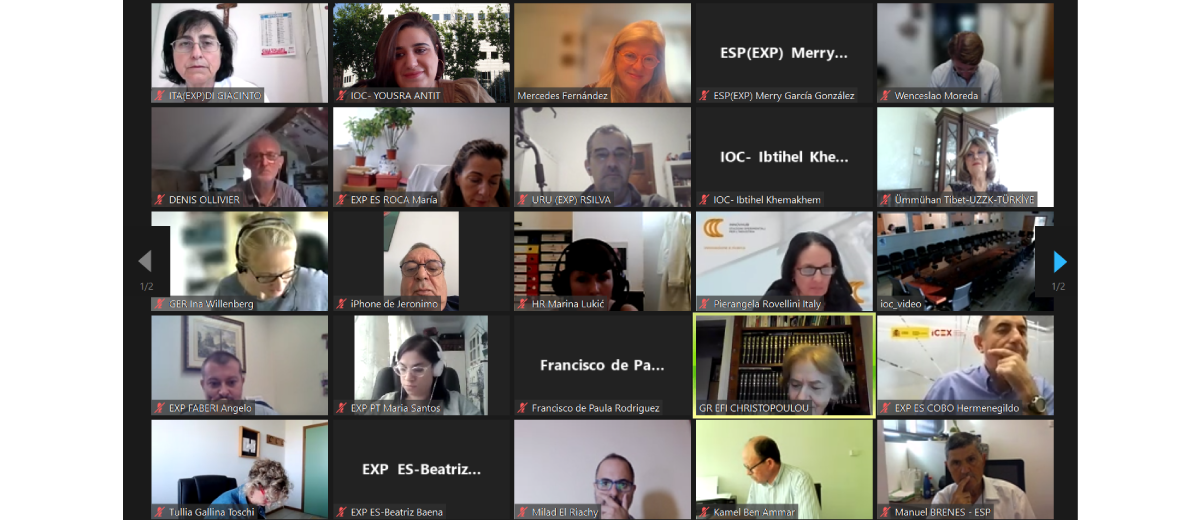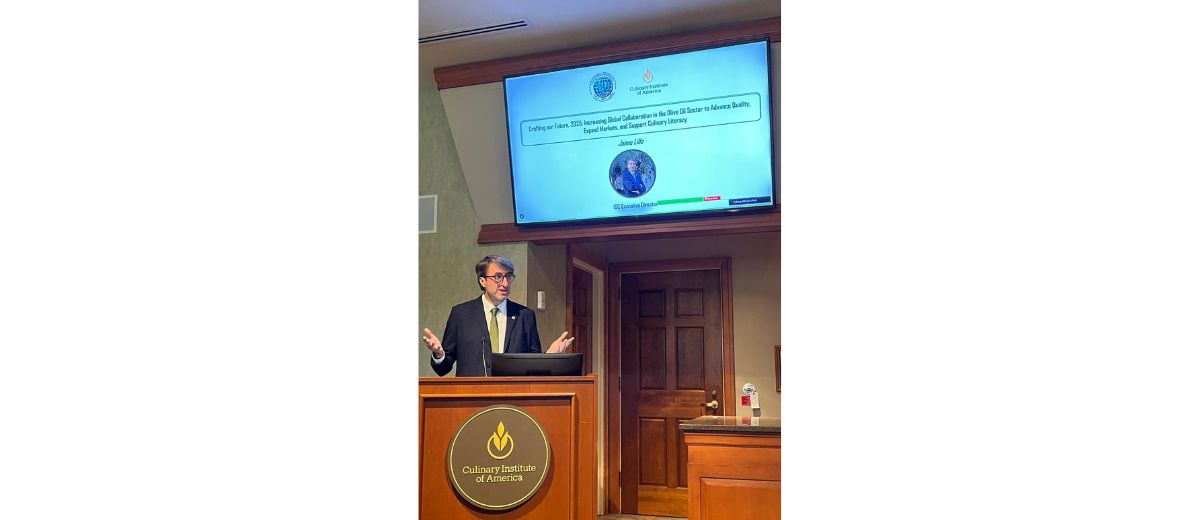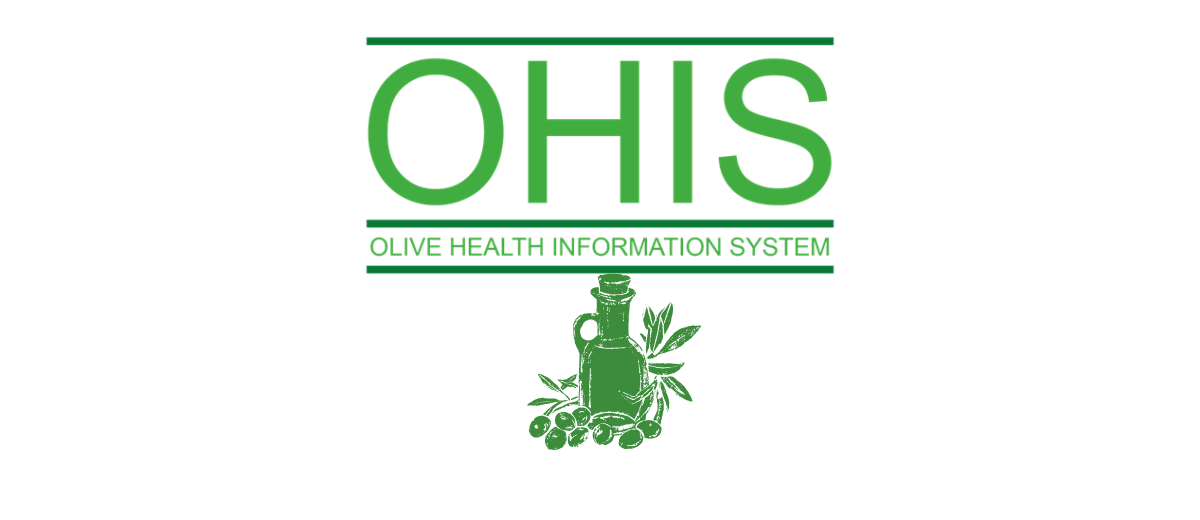On 5 and 6 October 2023, the Executive Secretariat of the International Olive Council (IOC) held a videoconference with chemist experts from around the world. Observers from several countries, including Australia, the United States and Canada, as well as representatives from Codex Alimentarius, the International Organisation for Standardization (ISO TC34 SC11) and the IOC Advisory Committee on Olive Oil and Table Olives took part in the meeting.
This meeting follows the September 14th meeting of the restricted sub-group of experts on the composition of oils with anomalous parameters.
The experts first examined the documents adopted at the 117th session of the Council of Members and the documents to be presented at the 118th session in November, including the draft revisions to the methods and parameters.
They then discussed issues of interest in the fields of standardisation, research and the study of methods of analysis to guarantee the quality and authenticity of olive oils and olive-pomace oils. The chairman of the electronic working group (eWG) of the Codex Committee on Fats and Oils (CCFO) presented the group’s work and the next steps planned before the Committee’s 28th session, scheduled for February 2024. The representative of the Codex Secretariat announced a detailed timetable. The conclusions of the 42d session of the Codex Committee on Methods of Analysis and Sampling (CCMAS) were also presented.
Moreover, the experts also examined the results of the analysis of the data sent in by the various countries and the responses to the second questionnaire on sterols that the IOC’s Executive Secretariat had previously sent to the countries to collect, in accordance with the established protocol, data and samples of oils with a sterol content outside the established limits. In this regard, the Executive Secretariat reiterated that the search for a satisfactory solution for all parties concerned, which would guarantee both the quality and authenticity of the oils, was a priority for the intergovernmental organisation.
Other issues discussed included the results of the collaborative trials, the MOSH/MOAH issue, the results of the public consultation launched by the European Food Safety Authority (EFSA) for the update of the risk assessment of mineral oil hydrocarbons (MOH) in food (PC-0400), the PT-COI contaminants trial, the harmonisation of international standards, future priorities, the creation of new specific electronic working groups, and the organisation of future collaborative trials.
Further information is available here.










